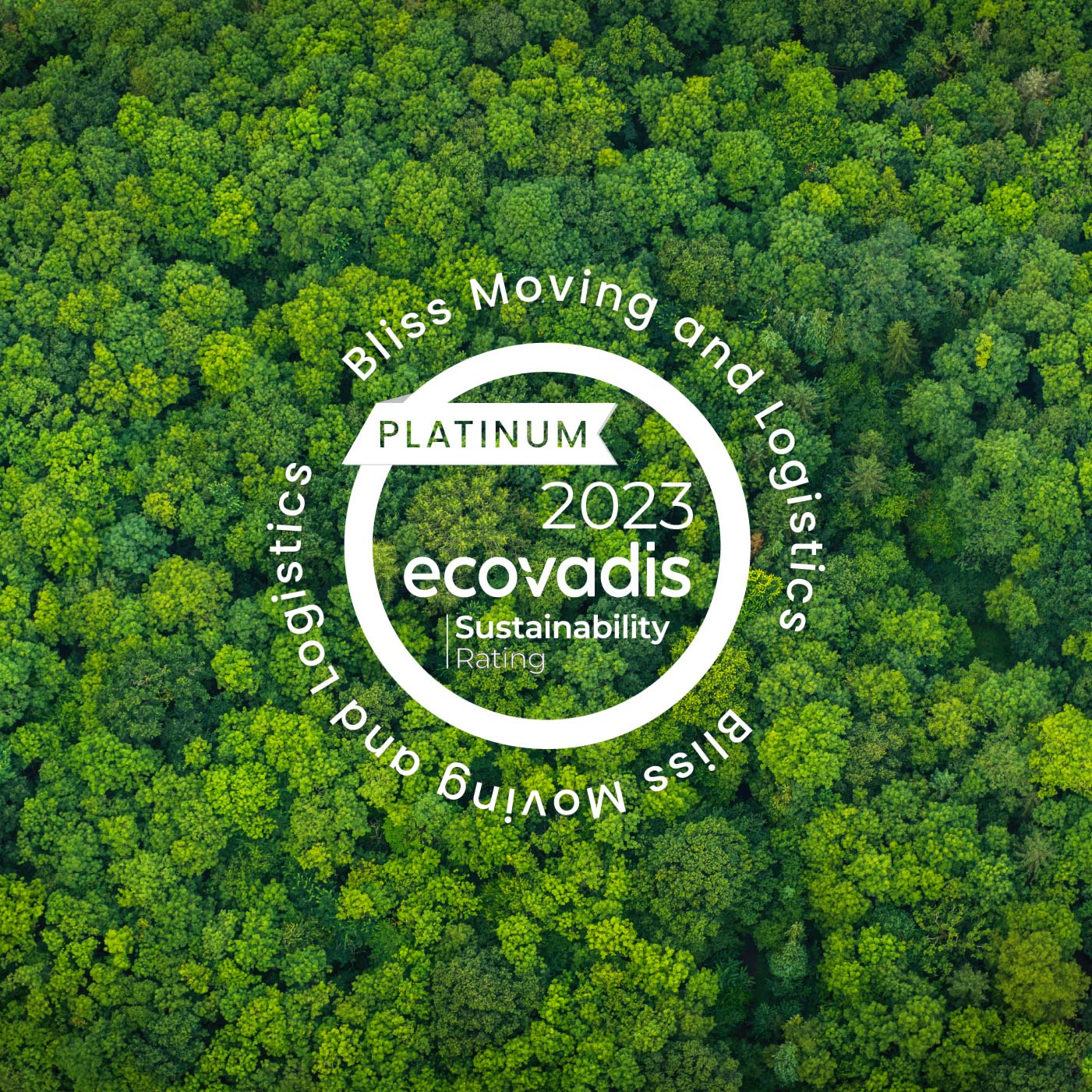
Every purchasing decision an organisation makes has an impact: on the environment, on the economy, on society, and on the communities within which it operates.
Today (21st March 2024) is the third annual World Sustainable Procurement Day. Developed and organised by the Sustainable Procurement Pledge (SPP), an international non-profit organisation for procurement professionals, academics and practitioners, the purpose of this global initiative is to highlight the important role procurement plays in companies achieving their wider sustainability goals.
Incorporating sustainable practices into procurement processes is vital. Through integrating Environmental, Social and Governance (ESG) considerations into this area of their operations, companies are better positioned to reduce their environmental impact and promote positive social impact throughout their entire value chain.
The theme for this year’s World Sustainable Procurement event is #collaborate2accelerate. Collaboration with our supply chain partners is something that is at the heart of K2’s business operations, and we are proud to have established and developed an expansive Global Accredited Partner Programme (GAPP). Our GAPP network acts as an extension of K2, representing our company, culture, and values, as well as meeting our professional standards. Through building and maintaining strong partner relationships, we are able to provide the consistent service excellence that is key to our success, whilst ensuring alignment with our ESG commitments.

All our partners are fully vetted and bound by both Partner Service Level Agreements and the K2 Code of Conduct, compelling them to adhere to all compliance obligations. Every prospective partner is also required to complete the Sustainability section of K2’s mandatory pre-qualification questionnaire: this enables us to determine whether or not they have an effective sustainability management system in place.

Currently, ESG Reporting is more prevalent in the West than the East, a result of the ESG Reporting Movement beginning in the West, growing out of an interest in/concern about sustainability in general which had been developing over decades: this explains the concentration of K2 partner EcoVadis ratings in this area. However, as the world becomes increasingly international and ESG becomes an increasingly political concern, we expect to see the spread of ratings across the globe even out.
Unfortunately, there are several key obstacles which are currently disrupting ESG’s progress. Gaining access to sustainable materials is much easier in some regions than it is in others. And even if access is easy, sustainable alternatives are almost always more expensive than traditional options – especially in the short-term – which means that for many smaller companies, or companies operating out of less economically developed countries, sustainable choices are simply not financially viable.



